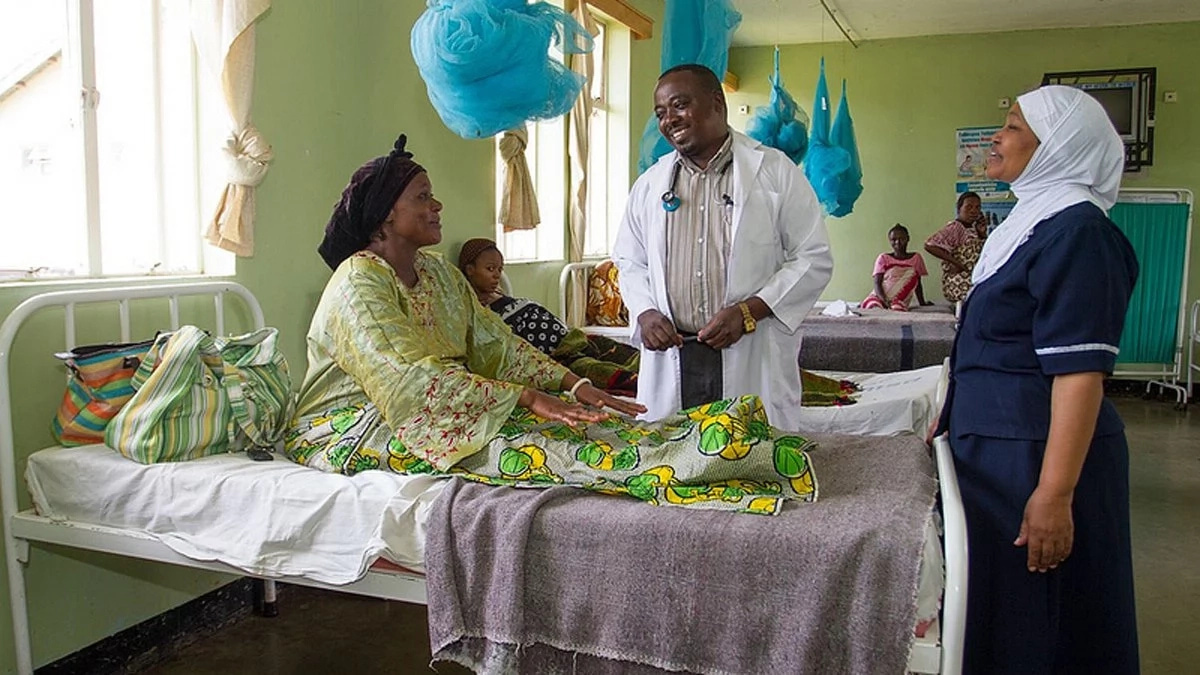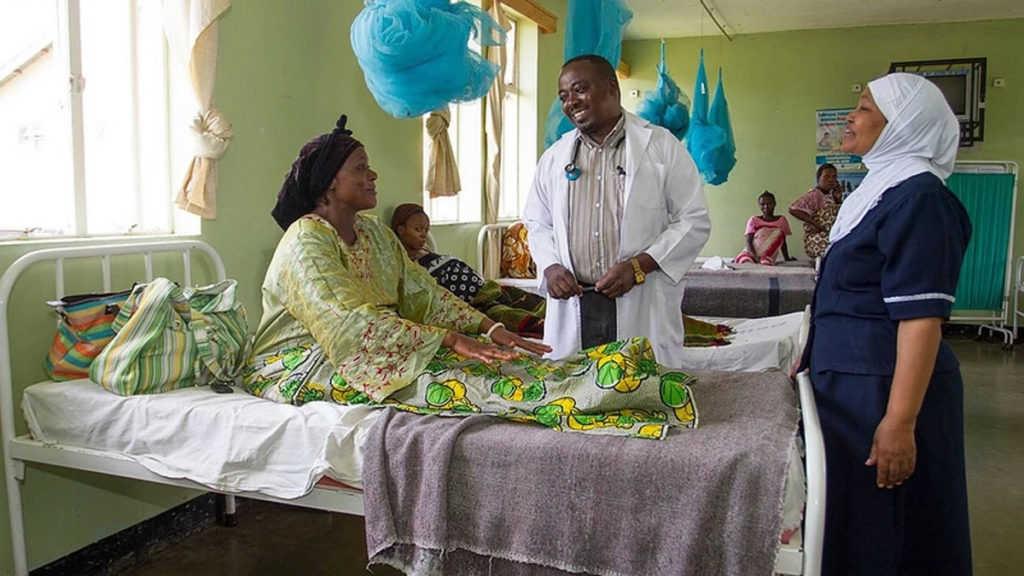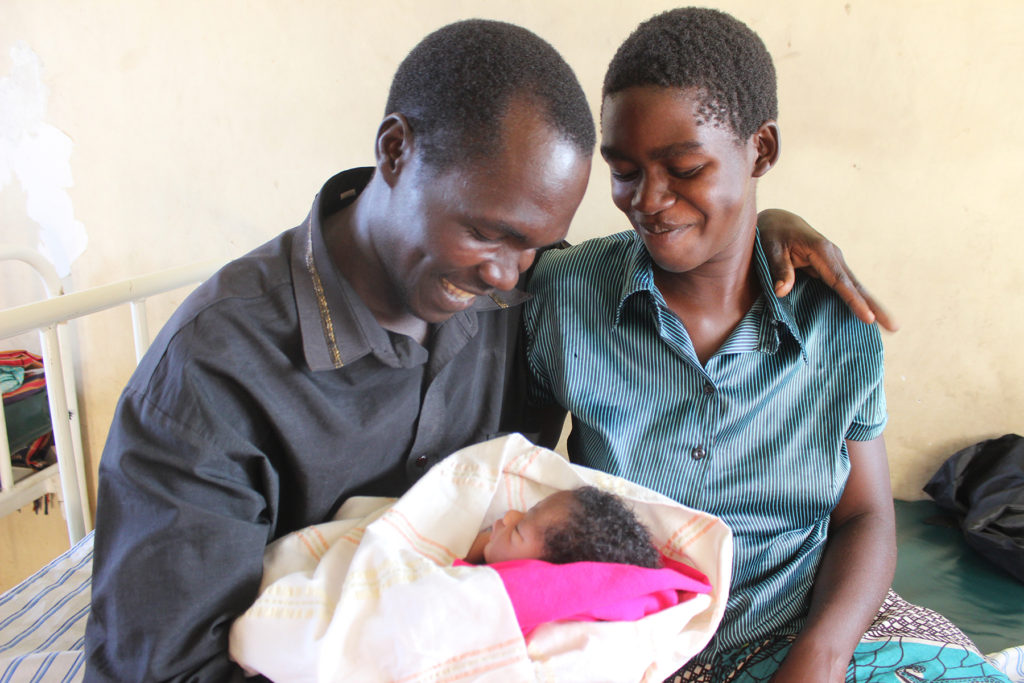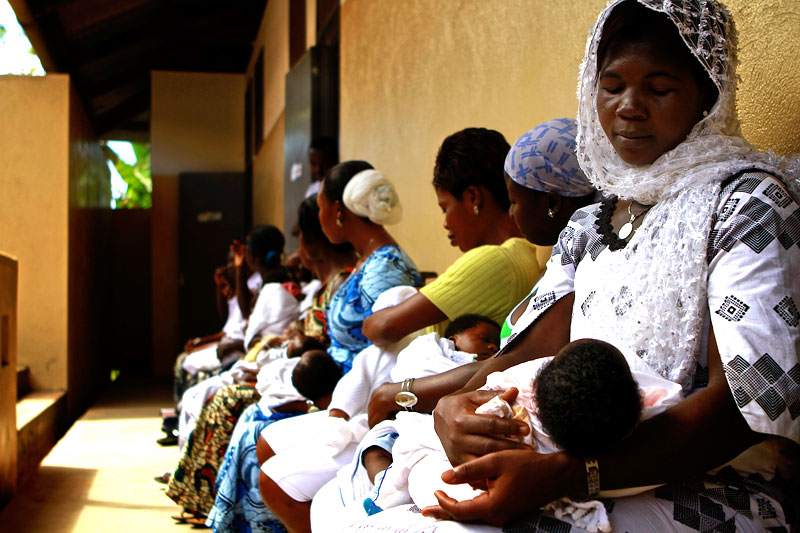
Nigeria’s Health Sector
- Health Sector
- No Comment
- 531

ACCESSING HEALTHCARE.
Nigeria has some of the greatest burden of health challenges globally.
It has the second highest total maternal mortality (10% of global burden), second highest total child mortality (12% of global burden) and some of the burdens of malaria, HIV, TB, neglected tropical diseases (NTDs) globally.
STATE OF EMERGENCY
The Government of Nigeria currently spends proportionately less on health than nearly every country in the world. Service delivery of key maternal and child health interventions is below 40% coverage and Nigeria has the highest number of unimmunized children in the world. This has the potential to get worse, with Nigeria facing a demographic crisis – Nigeria has an estimated population of 192 million, a fertility rate of 5.5, a modern contraceptive prevalence rate of 10%, and is projected to overtake the US as the world’s third most populous country in 2050 with over 400 million people. With sufficient investment in human capacity, a healthy, well-nourished and well-educated population will have the skills to access jobs and livelihoods to help grow the economy. Without sufficient investment in human capital, Nigeria will have very large (youth-based) population growth, with an unhealthy, unproductive population, with insufficient skills that fails to reach its potential. This will increase unemployment, drive inequalities, reduce stability, increase migration and exacerbate the drivers of conflict (DFID Nigeria: UK Support for Health in Nigeria, August 2018).
INADEQUACY OF FIRST RESPONDERS

PARAMEDICS 
AMBULANCE SERVICE 
FIRE SERVICE 
HELICOPTER SERVICE
INFRASTRUCTURE AND EQUIPMENT

CARE CENTRE 
EMERGENCY 
LUTH 
THEATER
PRIMARY HEALTHCARE














